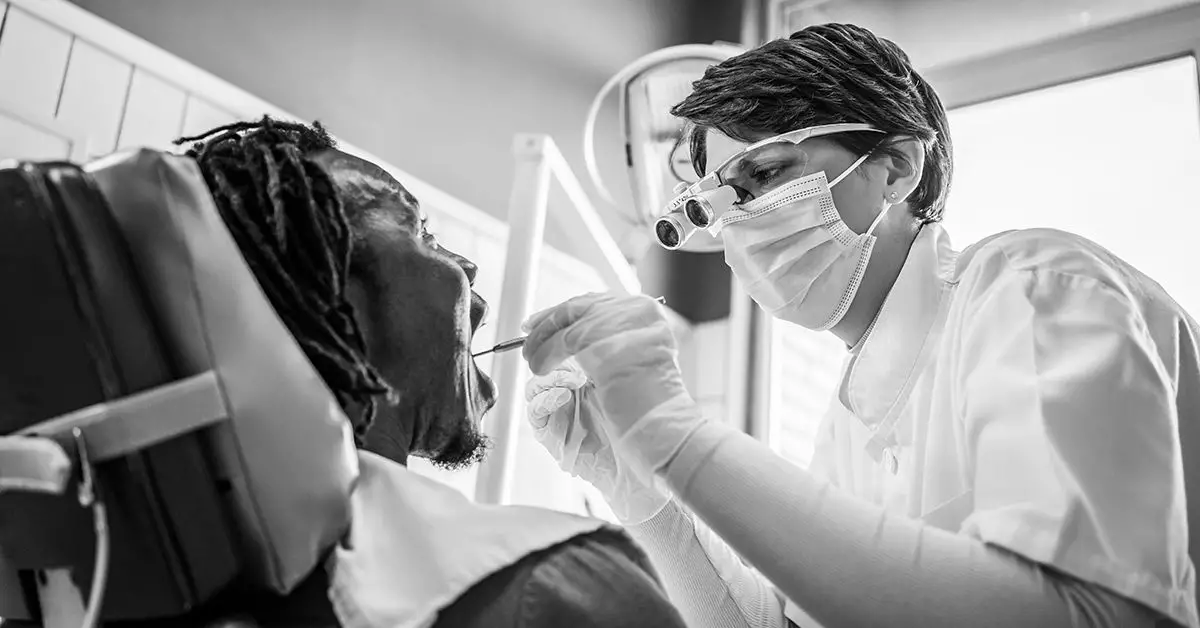Research efforts have increasingly highlighted alarming connections between poor oral hygiene and heightened cancer risks. While it is generally acknowledged that dental issues such as cavities and tooth loss can lead to a range of health problems, including heightened susceptibility to cancers, the underlying mechanisms remain murky. This disconnect raises crucial questions about how oral health and systemic diseases like cancer interrelate. The complexity of this relationship is an ongoing focus for researchers, as they strive to clarify the potential pathways linking inadequate oral care to the development of various cancers.
Dental cavities, commonly known as caries, manifest as small openings in teeth due to decay, which occurs over time from a combination of poor hygiene, dietary habits, and factors like tobacco usage. The roots of cavities lie in the interaction between bacteria and food particles, particularly sugars that feed the harmful bacteria. These bacteria produce acids that erode tooth enamel, leading to discoloration and eventual structural breakdown if left untreated. Multiple risk factors compound this issue, including a diet rich in sugar, neglecting regular dental cleaning, and certain health conditions or medications that can hinder oral hygiene.
The recent findings from a 2023 meta-analysis shed light on how tooth loss, an extreme consequence of untreated cavities, may nearly double the risk of developing oral cancer. This stark statistic underscores the importance of preventive measures that not only safeguard oral health but may also serve as a line of defense against cancer. Encouragingly, practices such as regular dental check-ups, a balanced diet filled with fruits and vegetables, and an effective oral hygiene regimen can mitigate these risks and foster better overall health.
Though the precise reasons behind the correlation between oral health and cancer risk remain unclear, researchers have put forth several theories. One major hypothesis centers around inflammation, suggesting that chronic inflammation resulting from tooth loss could enhance susceptibility to a variety of cancers. This inflammation may create an environment ripe for cancer development, particularly in vulnerable individuals.
Another key theory revolves around carbohydrate intake. High sugar consumption not only exacerbates tooth decay but is also linked to an increased risk of several types of cancer. Consequently, diet plays a pivotal role in both oral health and cancer risk, reinforcing the notion that what we consume can dictate the well-being of our teeth as well as our overall health.
Additionally, microbial infections instigated by poor dental hygiene increase the risk of certain malignancies. As cavities proliferate, bacteria thrive, leading to infections that could extend beyond oral confines. This raises important questions regarding preventive strategies and the need for early intervention in dental care.
Highlighting the importance of preventive care, various recommendations by the National Institutes of Health (NIH) have emerged to combat tooth decay effectively. Key strategies include the use of fluoride toothpaste, consumption of fluoridated water, maintaining a consistent oral hygiene routine involving brushing and flossing, limiting starch-laden and sugary foods, and avoiding tobacco products. Regular dental visits become essential not just for detecting cavities but for identifying early signs of more severe conditions, including oral cancers.
Moreover, it is critical to be aware of warning signs that may indicate more severe oral health issues. Symptoms such as tooth sensitivity, persistent pain, unusual lumps, or lingering sores demand immediate professional evaluation. These early indicators warrant attention, as timely intervention can significantly impact outcomes.
Strikingly, while chemotherapy and radiation therapy are often not directly associated with tooth decay in cancer literature, they can exacerbate existing dental issues. Patients undergoing these treatments may experience side effects that lead to dry mouth and further oral health complications. In some cases, the complications from radiation could persist long after treatment concludes, leading to a higher likelihood of cavities and associated complications. Therefore, individuals who have received cancer treatments should be vigilant about their dental health and seek regular consultations with dental professionals.
The interconnections between oral health and systemic diseases such as cancer highlight the need for a holistic approach to healthcare. As we unravel the complexities surrounding oral hygiene and its impact on cancer risk, it’s essential to cultivate awareness about preventive practices. By prioritizing our dental health through diligent care and healthy lifestyle choices, we not only enhance our oral condition but also significantly contribute to our overall well-being—potentially reducing the risk of a spectrum of diseases, including cancer.

